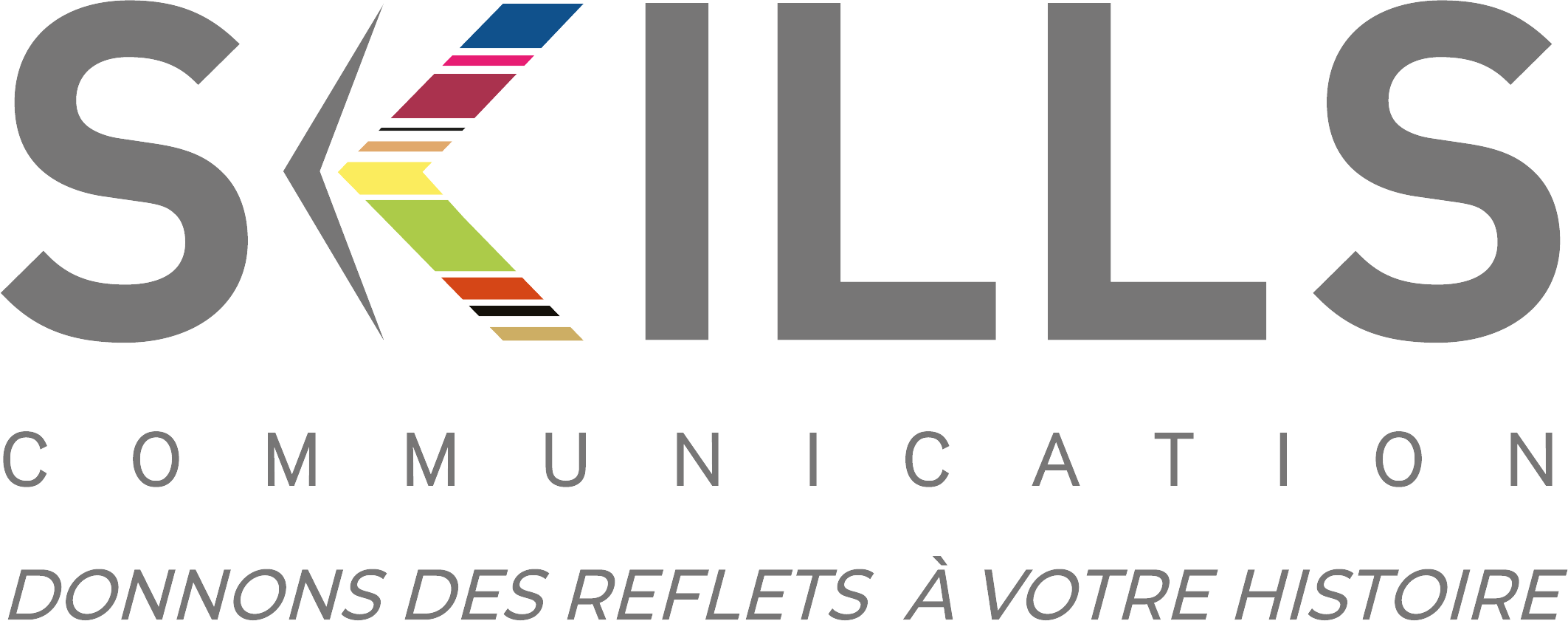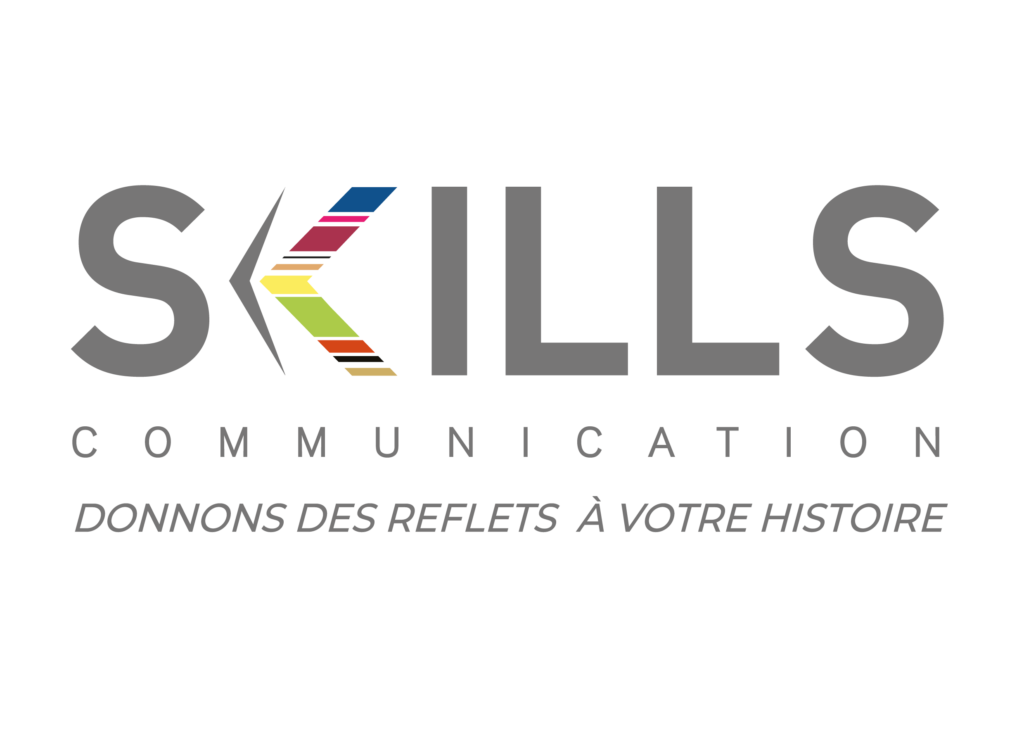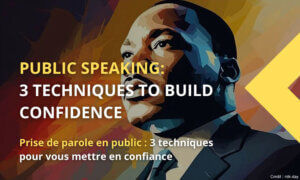How to manage your stress and ensure you have an impact?
Fear of failure, of being judged by others, of our inability to convince our audience—there are many reasons that paralyze us when it comes to public speaking. This fear is even more common among women, 76% of whom admit to being afraid of public speaking.
And yet, every manager must undergo this exercise. In an environment that elevates appearances and feelings to truth, further amplified by social media, our public speaking can be subject to hasty judgments. All the ingredients are there to try to avoid this exercise.
This may be a good idea; it is not always wise to communicate publicly. Let’s always start with a question: Is there more to gain than to lose by speaking out on this topic?
If your communication aims to develop your image or that of your company, or to convey messages that can motivate your teams or your brand’s influencers, then your public speaking is necessary.
This article focuses on some effective techniques that will help you enjoy your public speaking thanks to your advance preparation. Other articles on our blog will cover public speaking techniques and the perfect speech structuring.
Find our coaching services for public speaking
What if your public speaking became a pleasure despite your very natural stress?
Your public speaking can indeed become a pleasure if you manage to escape the vicious circle that often traps you: the famous imposter syndrome. To do this, we will analyze the reasons for your supposed lack of legitimacy. This often stems from self-censorship imposed on you by yourself or by your environment.
We’ll help you identify your available resources and the personality traits that will generate a desire to listen to you. You’ll overcome your fear of public speaking, also known as glossophobia, and after some practice, you’ll achieve the pleasure of interacting with your audience.
But the key to successful public speaking can always be summed up in one word: listening! To speak well and convince, you need to be listened to and have listened to your audience. It’s often this lack of preparation and listening beforehand that leads to the imperfection of your speeches.
Listen to yourself
Start by listening to yourself: that is, analyze your personal situation and evaluate what can make you more comfortable in speaking.
While not everyone can have the stage charisma of Martin Luther King, it’s important to know that no one is naturally excellent at speaking. Also, get rid of the idea that you need to look good, be able to smile, or have a radio star’s voice to deliver a convincing speech. Each of us has our strengths and weaknesses; the key is to know them and work to make the most of them.
The best exercise, then, is to speak in front of a mirror or a camera, delivering a prepared speech. Then, watch and listen to yourself again to analyze yourself honestly. The intervention of an external trainer will allow you to be realistic without being too harsh or complacent with yourself.
We will analyze your intonations, the length of your sentences, the structure of your argument and of course your body language.
It’s often this last point that makes you think you might lack charisma on stage. But were de Gaulle, Gandhi, or Warren Buffett all comfortable with their bodies, did they all have attractive physiques? Certainly not.
One thing is certain: they were aware of their weaknesses and knew how to turn them into strengths.
Everyone also remembers George VI, King of England, who, despite his disability and his horror of public speaking, through hard work, was able to deliver a historic speech, forgetting his stutter.
So, you’ll need to decide on the staging that will make you most comfortable. Do you prefer to stand, sit, sit behind a lectern, or move around the stage? Will you need a teleprompter or a reminder screen? How can you prepare the materials that will help you follow the flow of your speech?
Other “tips” can be acquired with a public speaking training agency such as: your clothing or your posture defects: hands too active, a gaze that turns towards the screen behind your back, speech tics…

Listen to them
Successful public speaking is also an exchange. It involves listening and understanding your interlocutors, and it continues with a positive interaction for both parties. So how can you create this exchange in front of a large audience?
Imagine yourself facing a limited group of people divided into three categories:
- The convinced, the supporters
- The undecided, the indifferent or those without an opinion
- The stubborn, the hostile or the rebellious.
Your first exercise before preparing your speech will therefore consist of defining the “personae” of these three profiles in your business context.
What do your brand’s fans look like, and what drives their loyalty? These attributes will help you connect with them in your message.
Do the undecided need to be convinced? They are often the ones who will swing to one side or the other without a clear explanation. We will try to qualify them. And you will give them attention without involving them.
Rebels have a quality that can serve you well: once convinced, they often speak loudly and clearly and can become valuable ambassadors. They may also have good reasons to doubt your brand or services. What are they? By identifying them, you will enrich the arguments in your speech. You will pay close attention to them without ignoring their doubts.
This exercise of preliminary analysis of your audience allows you to:
- Strengthen your speech,
- Prepare yourself for objections,
- Place yourself in a mode of exchange that will break your solitude,
- Allow you to look at your three audiences during your speech and give you more ease on stage.
Listening to your audience also means preparing the questions, experiences, and examples that you will use to engage them.
Think of the greatest stand-up artists. They are constantly engaging with the audience and always address a few predefined types of people: a man, a woman, a couple who recur throughout the show.
Prepare your story
Preparing your speech is naturally an essential element of your success. But it’s often the part you do best. You’re an expert in your market and your profession. You’ll naturally find the arguments that will convince.
And yet, what often holds you back is your expertise. It can make your speech difficult to understand because it’s too technical or too long.
Know how to define the essential message you want to convey: it must be simple, repeated, and illustrated with examples. It must serve to create a conversation to engage your three audiences. This topic will be covered in more detail in a future article.
SKILLS Communication’s DirComs have extensive experience supporting, preparing, and training spokespersons for companies of varying sizes and sectors. Whether they have extensive experience in internal or external communications, we can confidently say that we have always managed to identify the key drivers that have made these spokespersons into personalities that are listened to and remembered.
#prisedeparole #training #publicspeaking #coaching






